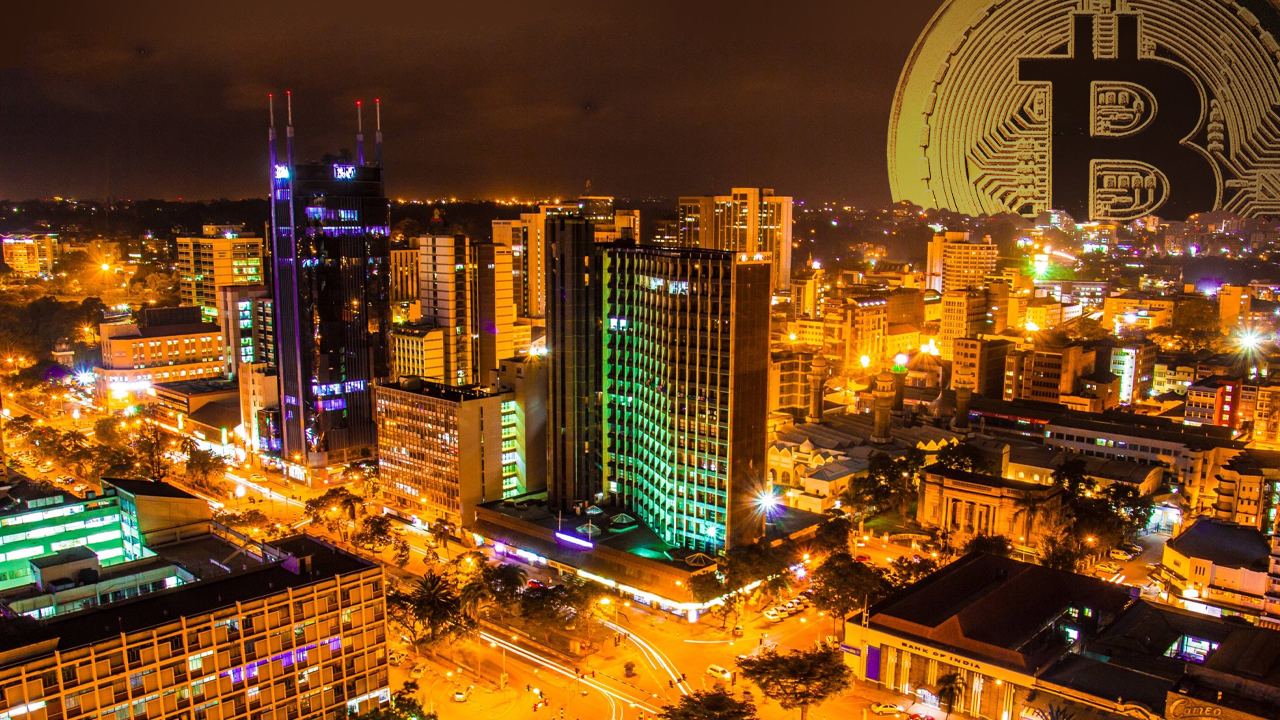Tags in this story
Benjamin Von Wong, Blockchain Association of Kenya, Byrones Khainga, COVID-19, Cryptocurrency, Human Needs Project, Kenyan NFT community, Mercy Corps Ventures, Non-fungible tokens, Roselyne Wanjiru, Scott Onder
all about cryptop referances

According to some Kenya-based activists, raising money through the sale of cryptocurrency and non-fungible tokens (NFTs) is not only faster but also less expensive. The activists added that digital currency also has “the potential to create new ways for young people to earn, spend, save and send money.”
After the Covid-19 pandemic caused traditional funding channels to dry up, some African activists responded by raising money through the sale of cryptocurrency and non-fungible tokens (NFTs). The funds collected have again secured the sponsorship of the activists’ welfare work unhindered by pandemic-related challenges.
Although cryptocurrency is still relatively new to some activists, a director of a non-profit organization based in the Kenyan slum known as Kibera is quoted in a Thompson Reuters Foundation report as saying that it is actually a faster way to raise money.
“Raising money through cryptocurrency was something new for us. But it is now going to inform how we implement our social welfare activities because we have seen how quickly we can move forward with fundraising,” explained Byrones Khainga, director of technical services at the Human Needs Project.
According to the report, Khainga’s Human Needs Project was involved in installing a plastic-made sculpture depicting a giant crane. The sculpture was created by Benjamin Von Wong, an artist/activist – who has raised money by selling NFTs – and Degenerate Trash Pandas, a Kenyan NFT community that advocates for plastic waste. Together, they reportedly raised $110,000 via NFTs, and these funds were used for the installation of the giant plastic sculpture.
Besides being a faster way to raise funds, “crypto [also] reducing barriers to entry,” said Roselyne Wanjiru, a researcher at the Blockchain Association of Kenya. She adds that more companies and individuals are switching to this fintech.
The report also quotes Scott Onder, a senior managing director at Mercy Corps Ventures, explaining why cryptocurrencies are better for moving funds across borders. He said:
Cryptocurrency removes this costly barrier and has the potential to create new ways for young people to earn, spend, save and send money.
While critics often highlight the energy inefficiency of cryptocurrencies like bitcoin, Big Mich, a Kenyan choreographer and youth coach, argued that the good things about technology must not be ignored. For Von Wong, any fundraising method that makes it easier to move capital faster and cheaper is “always a good thing.”
Register your email here to get a weekly African news update delivered to your inbox:
What are your thoughts on this story? Let us know what you think in the comments section below.
Image credit: Shutterstock, Pixabay, Wiki Commons